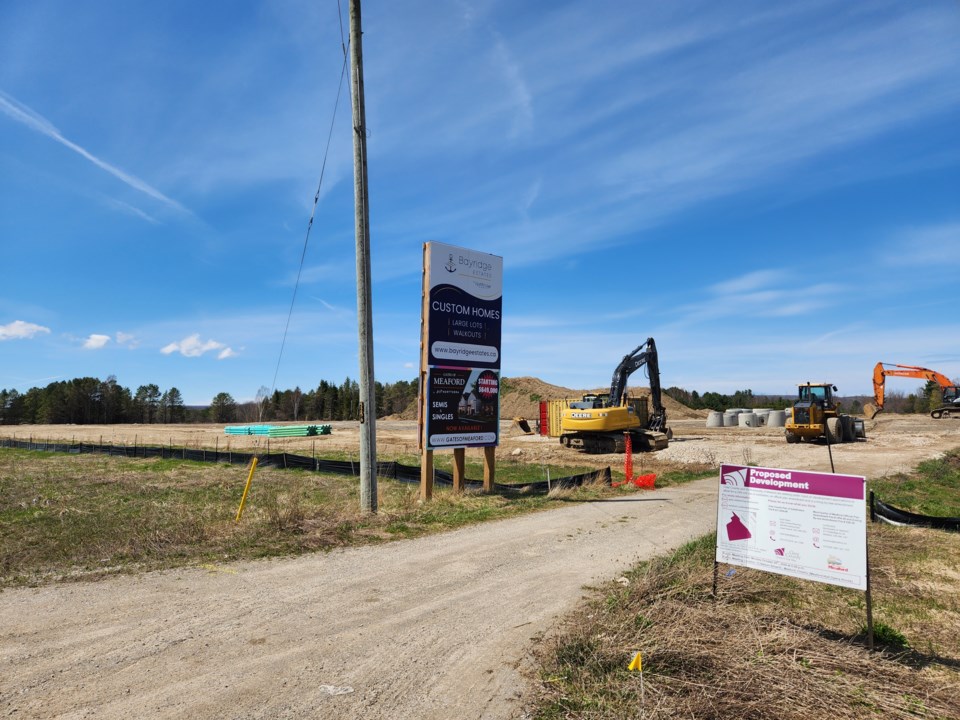Grey County is encouraging its local municipalities to continue to hold public meetings on proposed new subdivisions and condominium proposals.
The encouragement to lower tier municipalities comes after the province ended, through Bill 23, the requirement for municipalities to hold public meetings for new subdivisions and plans of condominiums (public meetings would still be held if such proposals required zoning or official plan amendments). According to Premier Doug Ford's government, the changes were meant to streamline and speed-up construction of new housing.
At its meeting on April 27, county council approved a staff report that recommends to local municipalities that public meetings on new condo and subdivision developments continue and directed staff to improve communications with the public about such developments.
In 2007, the county delegated the public meetings to local municipalities (with the exception of Owen Sound, which is its own approval authority for subdivisions and condominiums).
The county will encourage local municipalities to continue to hold the meetings, but they aren't mandatory.
“We do see merit with continuing on with this process,” said Scott Taylor, director of planning.
Taylor said the end of public meetings might cause a loss of trust and concerns about transparency with the public. He also noted a public meeting early in a subdivision/condominium process is the best opportunity for concerns to be addressed and changes to plans to be made.
However, Taylor also said the tone of such public meetings can be improved.
He noted that many times at the meetings local municipalities hear opposition to the very concept of development on the lands in question, concerns about density, impact on roads and traffic patterns and the impact on local property values.
Taylor said those kinds of concerns really aren’t what the meetings are supposed to be about.
“There is room for education. These public meetings aren’t meant to be referendums on development,” he said.
Taylor also said the meetings, at times, can place a developer in the unfortunate position of explaining why they are proposing to develop a property that has been earmarked for development by local government.
“It’s not fair for a developer to stand in front of a room to defend why they’re developing lands we’ve said are developable,” said Taylor. “We want to better frame these discussions to help get productive results.”
In his report, Taylor advocated for the county to create a planning-101 guide as well as a frequently asked questions document that can, in advance, provide explanations to common concerns raised at the meetings.
The report found broad support around the county council table and was approved unanimously.
“Training would be helpful,” said Chatsworth Mayor Scott MacKey. “Some of these public meetings can be like a public stoning.”
